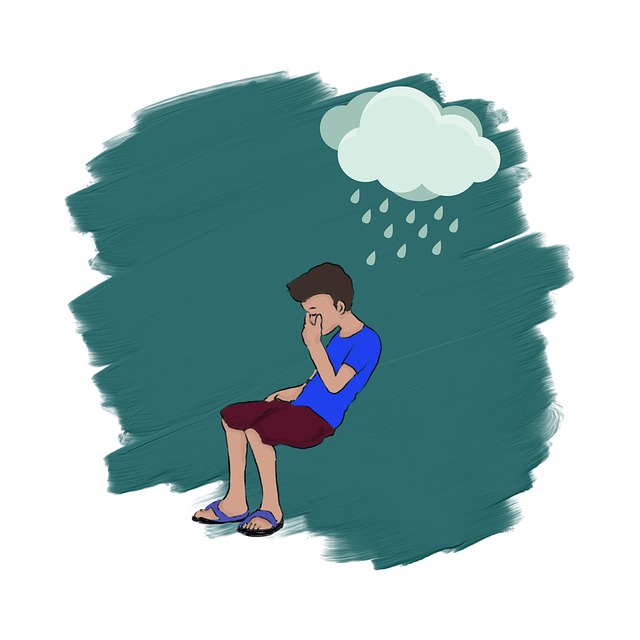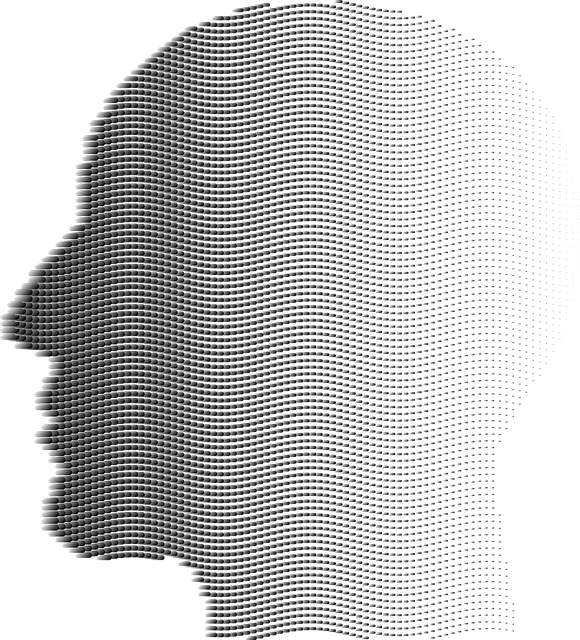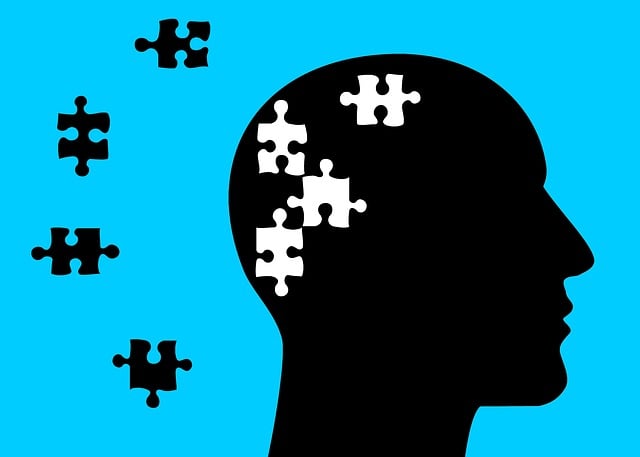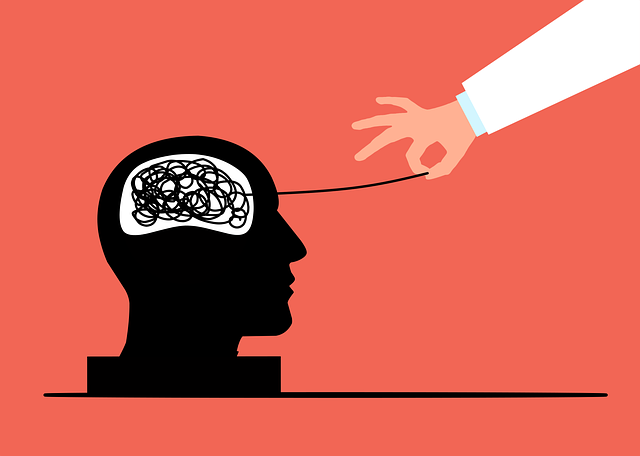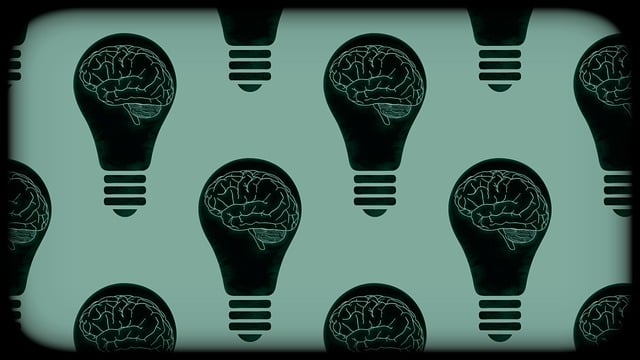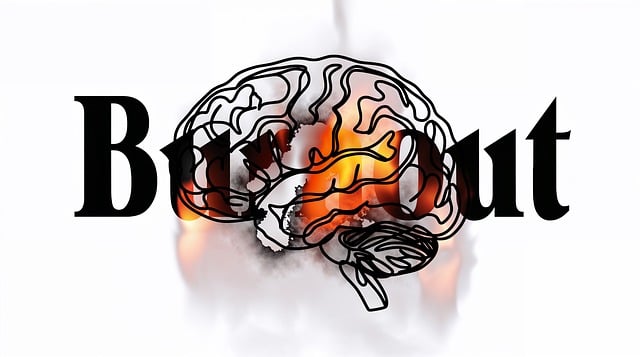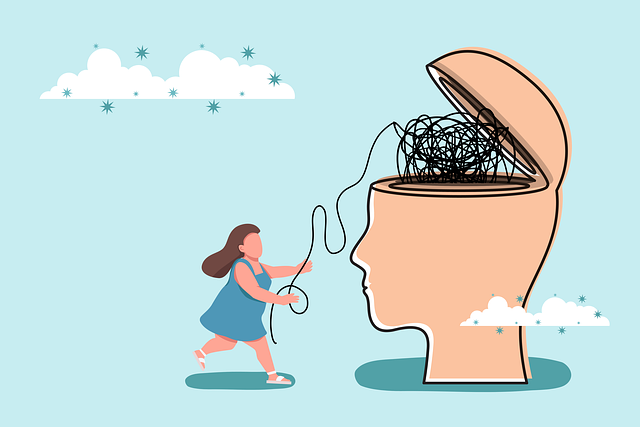Lafayette Acceptance and Commitment Therapy (ACT) offers a structured framework for enhancing resilience through its Resourceful, Flexible, and Mobile (RFM) model. By focusing on resistance, flexibility, and mastery, ACT helps individuals cultivate mental fortitude, self-acceptance, and effective challenge management. This approach, key in Mental Health Policy Analysis and personal growth, promotes better stress coping, adaptability, and overall well-being by integrating RFM principles into practices like mindfulness and social skills training.
“Uncover the power of resilience with a unique framework—RFM. This article explores how the RFM model, grounded in Lafayette Acceptance and Commitment Therapy (ACT), can transform personal growth. We delve into its role in identifying resilient individuals and practical exercises to boost adaptability. Additionally, we discuss integrating RFM into well-being practices for a more fulfilling life. Discover how these principles can be your guide through life’s challenges, fostering resilience and overall mental fortitude.”
- Understanding RFM: A Framework for Resilience
- The Role of Lafayette Acceptance and Commitment Therapy (ACT) in Building Resilience
- Identifying Resilient Individuals: RFM as a Predictor
- Practical Exercises to Enhance Resilience Using RFM Principles
- Integrating RFM into Personal Growth and Well-being Practices
Understanding RFM: A Framework for Resilience

Resilience is a critical component of overall well-being, enabling individuals to navigate life’s challenges and adversities with greater ease. The RFM model, or Resistance, Flexibility, and Mastery, offers a structured framework to enhance resilience. This approach draws on principles from Lafayette Acceptance and Commitment Therapy (ACT), focusing on three key areas that contribute to mental fortitude.
Firstly, resistance refers to an individual’s ability to confront and accept difficult emotions and thoughts without avoiding or suppressing them. By learning to observe internal experiences with curiosity and openness, individuals can develop a greater sense of self-acceptance and reduce the impact of negative emotions. Secondly, flexibility involves cultivating mental agility to adapt to changing circumstances. This includes embracing a non-judgmental mindset, allowing for flexibility in thinking and behavior, which enables smoother transitions during life’s ups and downs. Lastly, mastery focuses on building skills to effectively manage challenges and achieve personal goals. This aspect empowers individuals to take proactive steps towards depression prevention and stress management, fostering self-esteem improvement through tangible accomplishments.
The Role of Lafayette Acceptance and Commitment Therapy (ACT) in Building Resilience

Lafayette Acceptance and Commitment Therapy (ACT) plays a pivotal role in building resilience by helping individuals develop a deeper understanding of their thoughts and emotions. This therapy focuses on accepting what cannot be changed while committing to actions that align with personal values, fostering a sense of flexibility and adaptability. By cultivating present-moment awareness and self-compassion, ACT enables individuals to navigate life’s challenges with greater ease and resilience.
In the context of Mental Health Policy Analysis and Advocacy, ACT can empower individuals to challenge mental illness stigma reduction efforts by adopting a more compassionate perspective. Compassion cultivation practices within ACT encourage people to see their struggles as opportunities for growth, fostering a sense of interconnectedness that transcends self-interest. This approach not only benefits the individual’s mental health but also contributes to broader societal shifts, as reduced mental illness stigma can lead to more supportive and inclusive communities.
Identifying Resilient Individuals: RFM as a Predictor

In the realm of mental wellness coaching programs development, identifying resilient individuals is a cornerstone for effective support. Lafayette Acceptance and Commitment Therapy (ACT) offers valuable insights in this regard, utilizing the Resourceful, Flexible, and Mobile (RFM) model as a predictor of resilience. This model assesses an individual’s capacity to navigate challenging situations, bounce back from setbacks, and maintain a sense of purpose and meaning. By understanding these RFM factors, mental wellness coaches can tailor their approaches to foster resilience in clients.
For instance, individuals with high levels of resourcefulness—those who perceive themselves as capable and competent—tend to cope better under stress. They are more likely to employ effective conflict resolution techniques and adapt to changing circumstances. Social skills training plays a crucial role here, enabling them to build strong connections that provide emotional support during difficult times. Similarly, flexibility, marked by an individual’s openness to new experiences and perspectives, allows for creative problem-solving and a willingness to learn from failures, contributing significantly to overall resilience.
Practical Exercises to Enhance Resilience Using RFM Principles

Resilience is a vital component of mental health awareness, and integrating practical exercises based on RFM (Resource, Focus, and Mastery) principles can significantly enhance an individual’s ability to cope with challenges. Lafayette Acceptance and Commitment Therapy (ACT) offers a framework for fostering emotional regulation by promoting a flexible and open mindset. One effective exercise involves identifying personal resources—be it social connections, hobbies, or inner strengths—and learning to leverage them during difficult times. By acknowledging and utilizing these resources, individuals can build a strong foundation for resilience.
Additionally, the RFM approach encourages focusing on what matters most while also developing mastery over one’s thoughts and actions. Empathy-building strategies, such as mindful listening and perspective-taking, can be powerful tools in this process. These practices foster understanding and connection, enabling individuals to navigate life’s complexities with greater equanimity. Through regular engagement in these exercises, one can cultivate a sense of control and resilience, ultimately enhancing overall well-being.
Integrating RFM into Personal Growth and Well-being Practices

Integrating RFM (Resilience, Flexibility, and Mastery) into personal growth and well-being practices has emerged as a powerful approach to enhancing mental health and overall resilience. This method draws from evidence-based frameworks like Lafayette Acceptance and Commitment Therapy (ACT), which focuses on cultivating psychological flexibility. By embracing RFM principles, individuals can develop a deeper sense of self-acceptance, learn to adapt effectively to life’s challenges, and foster a stronger sense of personal agency.
This integration is particularly relevant in the context of Mental Health Policy Analysis and Advocacy, Mental Illness Stigma Reduction Efforts, and Mental Health Education Programs Design. Incorporating RFM into these areas can empower individuals to navigate life’s uncertainties with greater grace, thereby reducing the impact of mental health issues and promoting overall well-being. Through practice, people can build resilience that transcends mere hardship, fostering a mindset that embraces challenges as opportunities for growth.
In conclusion, Lafayette Acceptance and Commitment Therapy (ACT) offers a powerful framework for building resilience through its focus on mindfulness and acceptance. The RFM model, as discussed in this article, provides a structured approach to understanding and enhancing resilience. By identifying individuals’ resilient factors and incorporating practical exercises into personal growth practices, one can significantly improve their ability to navigate life’s challenges. Integrating RFM principles not only fosters individual well-being but also empowers folks to embrace a more flexible and adaptive mindset, ensuring they can dance through life’s metamorphosis with grace and indelible strength.
